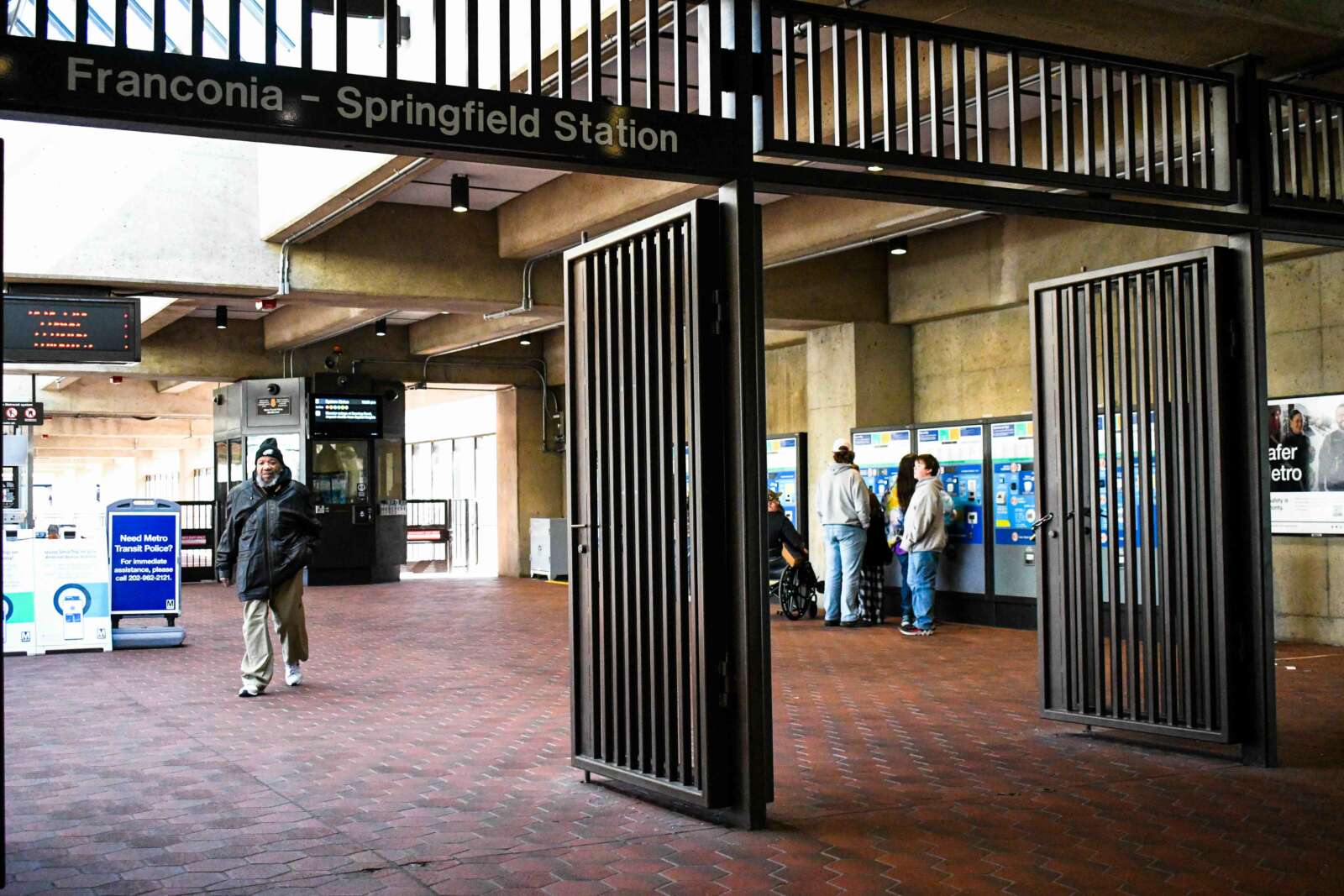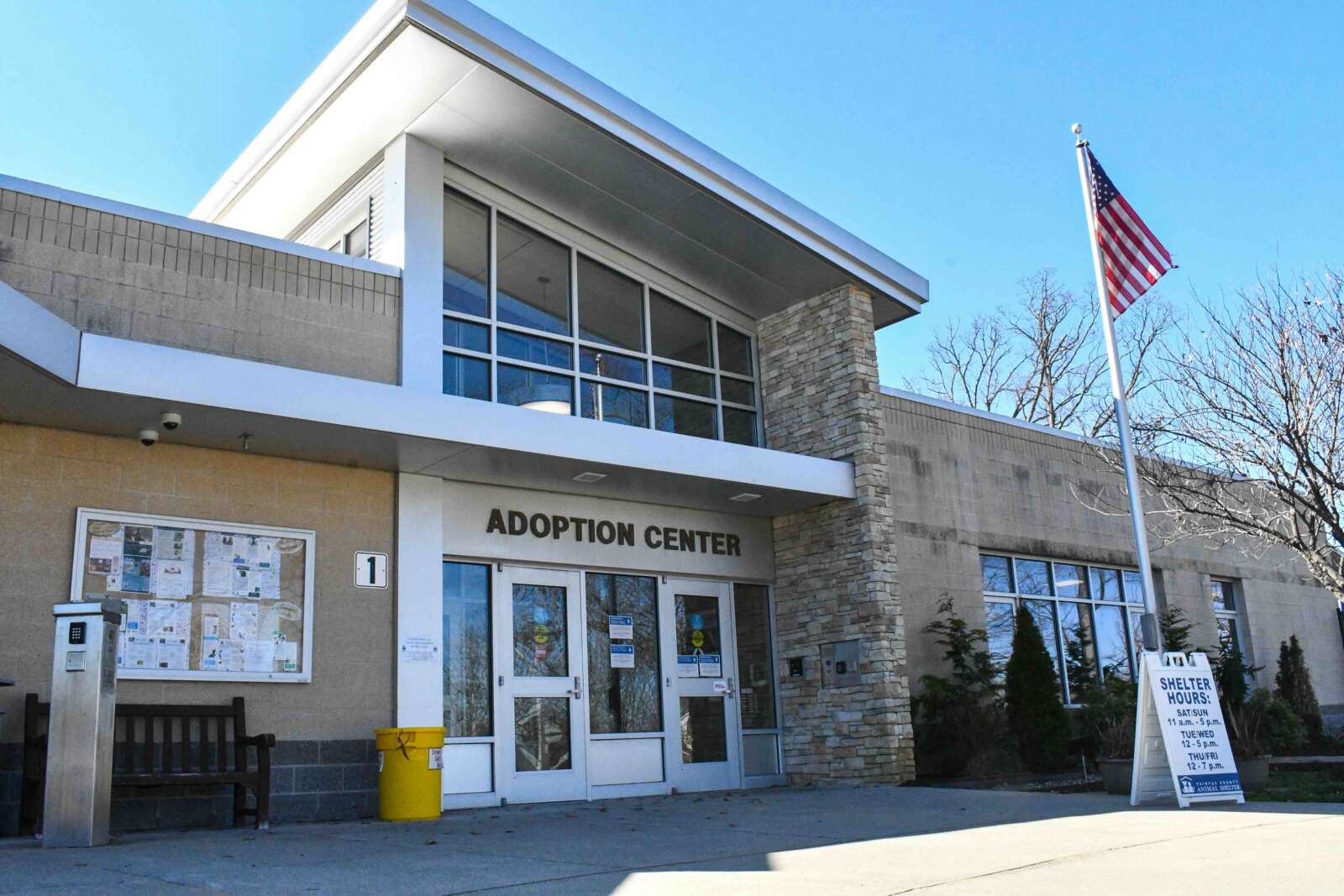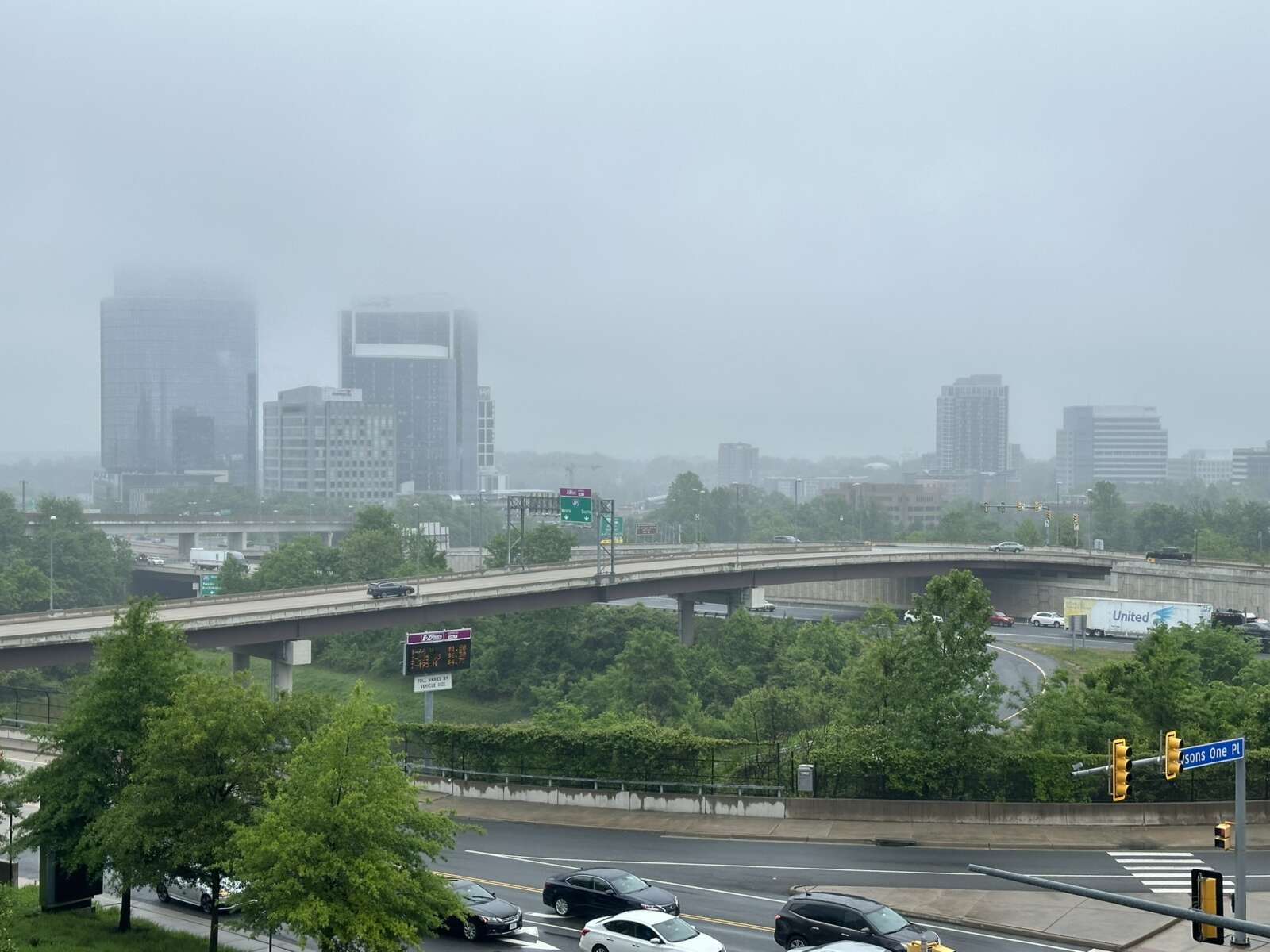
The cost of riding Metro trains and buses will go up, starting July 1, when the transit agency’s new budget takes effect.
The Washington Metropolitan Area Transit Authority’s (WMATA) board of directors approved a $4.8 billion fiscal year 2025 budget yesterday (Thursday) that will increase fares by 12.5%, including by ending the flat $2 rate for weekend and late-night rides introduced in 2021 and expanded in 2022.
Going forward, riders will be charged between $2.25 and $2.50 during those times, depending on how far they travel. The new budget also raises the base fare for both buses and rail from $2 to $2.25, the cap for MetroAccess service from $4 to $4.50, and the price of rail and bus passes.
The increases will keep fares “in line with inflation,” WMATA said in a press release.
The transit authority also hopes to generate some more revenue by introducing a 5-cent hourly rental fee for its bicycle lockers, capped at $1 per day, though vehicle parking rates will be unchanged.
In a statement, Metro Board Chair Paul Smedberg acknowledged that the budget “asks for a shared sacrifice from our employees and customers,” but WMATA stressed it was able to avoid the “catastrophic” cuts proposed last year, when it projected a $750 million funding deficit.
“We appreciate the collaboration of our regional partners on this board-approved budget that will keep our community moving,” Metro General Manager and CEO Randy Clarke said. “This region is a great place to live, work, and play, and our recent ridership reflects the vital role Metro plays in getting people where they need to go.”
Some “targeted” service reductions will still be implemented, including “modest” headway increases for the Orange Line on both weekdays and weekends and for the Green and Yellow lines on weekends, according to a staff report. Metro also plans to utilize more six-car trains and a two-hour peak period.
Metro says it averted more drastic moves like station closures and worker layoffs by identifying $50 million in “cost efficiencies” — including a wage freeze for non-union positions — and securing increased funding commitments from D.C., Maryland and Virginia.
However, the amount of money headed to the transit agency from Virginia remains up in the air. The General Assembly passed a two-year budget in March with an additional $149.5 million for Metro, but Gov. Glenn Youngkin proposed an amendment earlier this month that would allocate $133.7 million — most of it redirected from the Northern Virginia Transportation Commission (NVTC).
Last week, the Fairfax County Board of Supervisors urged state lawmakers to reject Youngkin’s proposal, noting that funding is already running low for NVTC, which manages funding for transit systems throughout the region, including Metro.
The ongoing wrangling over the state spending plan has created some uncertainty for the county, which is considering an additional $10 million for Metro in its proposed FY 2025 budget.
Now that Metro has finalized its budget, the county anticipates adjusting its contribution, but the final numbers are contingent on what the state does.
“I am happy to see that Metro has avoided drastic cuts this year while still identifying savings,” said Dranesville District Supervisor Jimmy Bierman, who chairs the board’s transportation committee. “I know that the Metro Board has been in an unenviable position due to Virginia’s budget situation, and I hope that Richmond’s final budget devotes necessary and important resources to ensure that our region’s most important asset remains stable. Fairfax County remains willing to do its part and expects the Commonwealth to do the same.”
Even with additional support for the coming fiscal year, Metro says continued financial challenges are inevitable without a source of “predictable, sustainable funding,” something available to every other major transit system in the U.S.
The lack of dedicated funding is also a disappointment to Amalgamated Transit Union (ATU) Local 689, which represents more than 15,000 transit workers in the D.C. region, including Metro and Fairfax Connector employees.
“As we look ahead to implementing this budget and future budgets, it is crucial that WMATA’s budget is not balanced on the backs of the frontline pandemic heroes and does not drastically harm the disadvantaged communities that rely on the service,” the union said in a statement.
ATU Local 689 spokesperson Benjamin Lynn confirmed that Metro’s upcoming wage freeze doesn’t appear to affect the union’s members, but that could change further into the future.
“We are concerned that there could be wage and benefit freezes for our members in the future and therefore we intend to remain vigilant,” Lynn told FFXnow.





